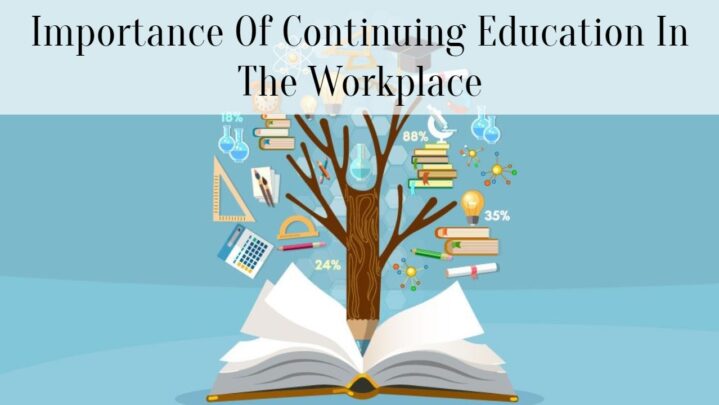This is where continuing education comes in- it refers to the pursuit of literacy and development openings beyond traditional formal education similar to university or council degrees. Continuing education is a way for workers to remain competitive in the job request and achieve career growth, as well as for companies to ensure that their workers have the skills and knowledge necessary to succeed in their places.
One of the main benefits of continuing education in the workplace is that it enables workers to stay current and applicable in their separate fields. Technology, job trends, and work practices are constantly evolving, and professionals need to keep up-to-date to stay competitive. By sharing in continuing education programs, workers can gain the rearmost knowledge and skills necessary to excel in their jobs.
Continuing education also provides workers with the occasion to expand their skill set beyond their current job functions. For illustration, a person with a background in finance who takes a course in marketing can bring new ideas to the table and contribute to company growth. In addition, continuing education can help workers to advance in their careers. By completing fresh courses, workers can increase their chances of being promoted and moving up the career ladder.
For companies, investing in continuing education for their workers can lead to advanced job satisfaction and retention rates. When workers feel supported and valued, they’re more likely to stay with the company long-term. In addition, companies that encourage continuing education can attract top gifts, as job campaigners are frequently looking for openings to grow and develop their skills.
In conclusion, continuing education is an essential aspect of ultramodern work. It enables workers to stay current and applicable in their separate fields, expand their skill sets, and advance in their careers. For companies, investing in continuing education can lead to advanced job satisfaction and retention rates, as well as attract top gifts.





